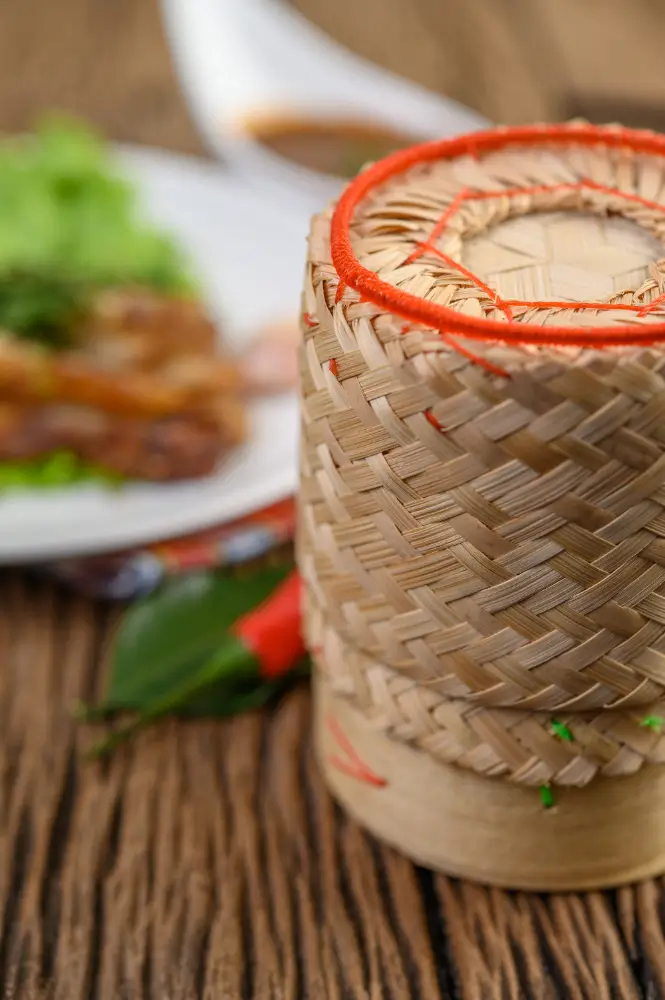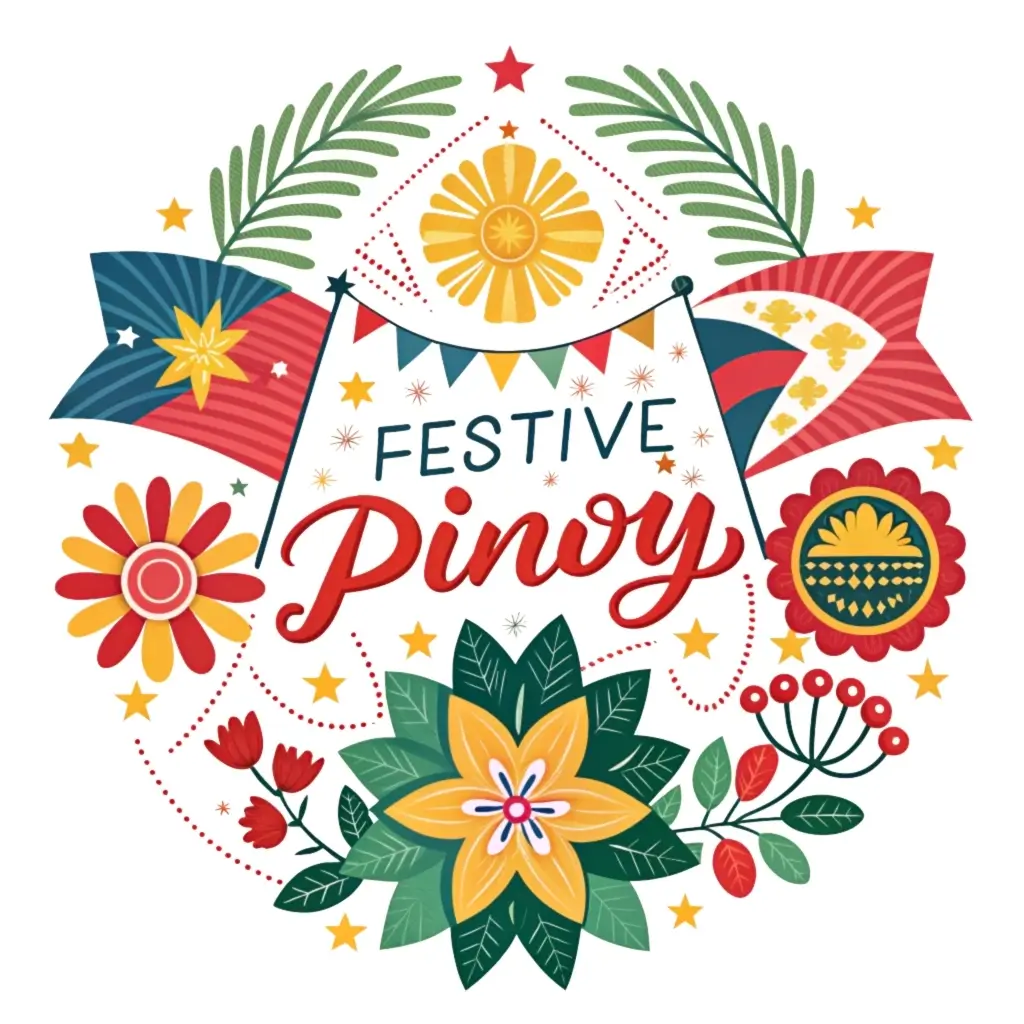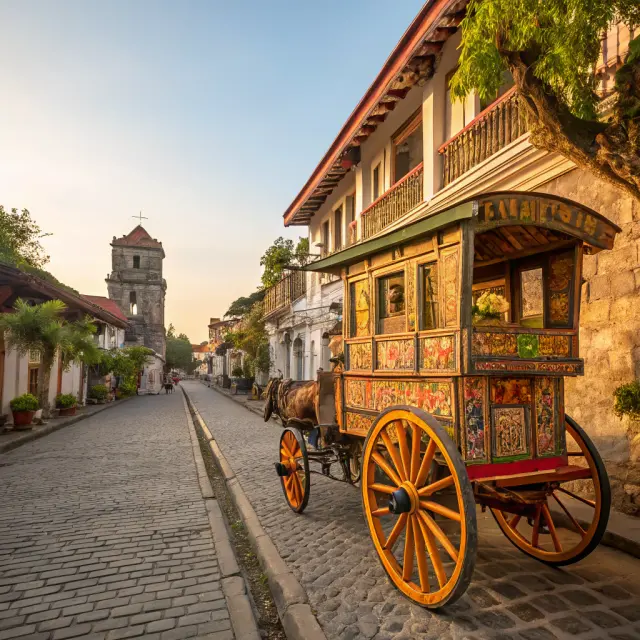What is Katutubo

“Katutubo” is a Filipino term that refers to the indigenous peoples of the Philippines. These are the ethnic groups that have maintained their indigenous cultural practices, beliefs, and traditions. The term is derived from the root words “katu” meaning genuine or real, and “tubo” meaning grown or native. Katutubo groups have their unique identities, languages, and ways of life, often reflecting the diverse cultural heritage of the Philippines.
Frequently Asked Questions
What does ‘Katutubo’ mean?
‘Katutubo’ means indigenous peoples in Filipino. It refers to the ethnic groups in the Philippines that have retained their traditional cultural practices.
How many Katutubo groups are there in the Philippines?
There are more than 110 recognized Katutubo groups in the Philippines, each with its own distinct language, culture, and traditions.
Why is the preservation of the Katutubo culture important?
Preservation of the Katutubo culture is important for maintaining the Philippines’ rich cultural diversity and heritage, and for recognizing the rights and identities of indigenous peoples.
What languages do Katutubo people speak?
Katutubo people speak a variety of languages, often unique to their specific group or region, reflecting the Philippines’ linguistic diversity. This rich tapestry of languages not only preserves their cultural heritage but also plays a vital role in passing down traditions and knowledge through generations. For example, many Katutubo communities have culinary practices steeped in history, such as the karekare recipe and origins, which showcase their deep connection to indigenous ingredients and cooking methods. Celebrating these culinary traditions helps strengthen their cultural identity amidst the modernization of Filipino society.
How can we support Katutubo communities?
Support can be provided through advocacy for their rights, support for cultural preservation initiatives, and by respecting their traditions and way of life.

